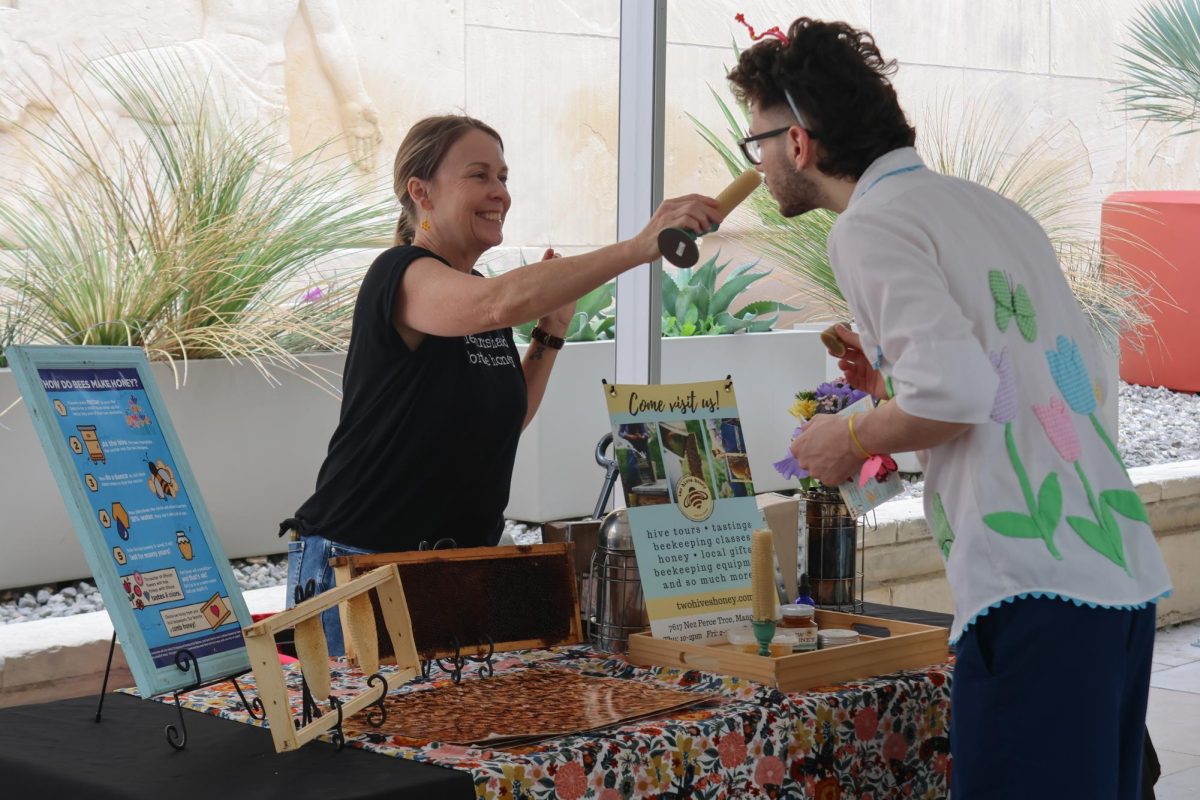The title of each chapter in the book “Invisible in Austin” begins with a name. Although the names are pseudonyms, the stories that follow chronicle the lives of real Austinites.
The book “Invisible in Austin: Life and Labor in an American City,” published Sept. 1, is a collection of essays edited by sociology professor Javier Auyero and written by a team of UT graduate students. The book examines the increasing socioeconomic inequality in Austin and attempts to shed light on the lives of people living in Austin’s social margins. On Friday, Sept. 4, BookPeople will host a signing and a panel discussion of the book.
Auyero said the book’s writers wanted to reveal the parts of Austin that the media doesn’t cover.
“Our book is based on the premise that sight — that is, what we see and what we don’t see about a city and its residents — is part of a power struggle,” Auyero said. “The media covers what happens in the playground for the young, beautiful and powerful that Austin has become. Those on the other side — those who clean tables, drive us, do the dirty work — are, for the mainstream media at least, invisible.”
Katie Jensen, a sociology Ph.D. student at UT, co-authored “Invisible in Austin.” She said the idea for the book evolved out of discussions she and her fellow graduate students had about existing literature on the urban poor.
“There was this general frustration that stories of complex, individual lives were getting flattened out to suit social theory,” Jensen said. “People would get boiled down into types like ‘the drug lord’ or ‘the single mother,’ so we decided to seek out these stories of people at the urban margins that were getting simplified or erased.”
Each chapter of “Invisible in Austin” tracks the narrative of one person. The book’s writers began discussing the project in 2013 and conducted in-depth interviews — sometimes taking years to interview a single subject — to fully capture the complexity of their life stories.
Jensen met a man who she calls Kumar, a cab driver from Nepal, at a panel about political asylum. Jensen said Kumar, who loves language and writing, agreed to share his story if she would practice speaking English with him.
“In the book, we talked about Kumar’s experiences as a cab driver and asylee, but we were careful not to make any generalizations about cab drivers in general,” Jensen said. “Rather than telling general stories about cab drivers, exotic dancers or hotel cleaners, we wanted to tell stories about individuals.”
Sociology graduate student Eric Enrique Borja wrote about a man he calls Chip, a 57-year-old copy repairman who lives in a trailer on the outskirts of Austin. Borja said he was impressed by creative measures that Chip took to get through day-to-day life, such as using his car as a mobile office.
“I think it’s crazy that we call ‘techie people’ creative, when really the creative class are the ones who find creative ways to survive in this city,” Borja said. “As each chapter illustrates, people are forced into situations where they have to be creative to survive, whether it’s living in a storage unit or having to constantly fix [their] home and car.”
“Invisible in Austin” is currently being taught in classrooms at UT across several departments. Jensen said she’s excited about the book’s academic use but would also like for the book to reach a broader Austin audience.
“I hope that this [book] reaches those people who are riding in the cabs, working at the glamorous tech companies or staying at the W Hotel,” Jensen said. “We want people to realize that living in this city is really hard, and that these struggles should be respected and valorized.”




















